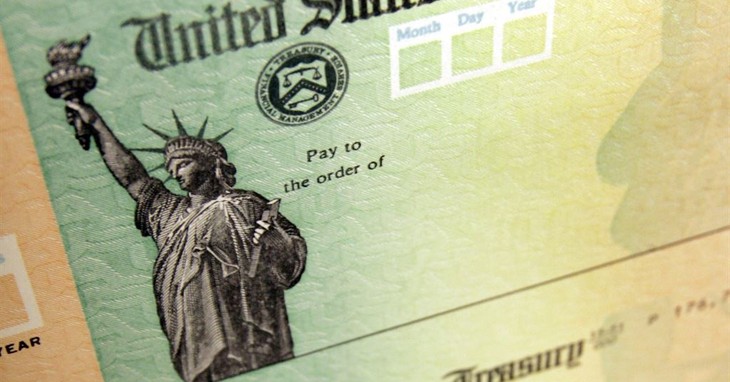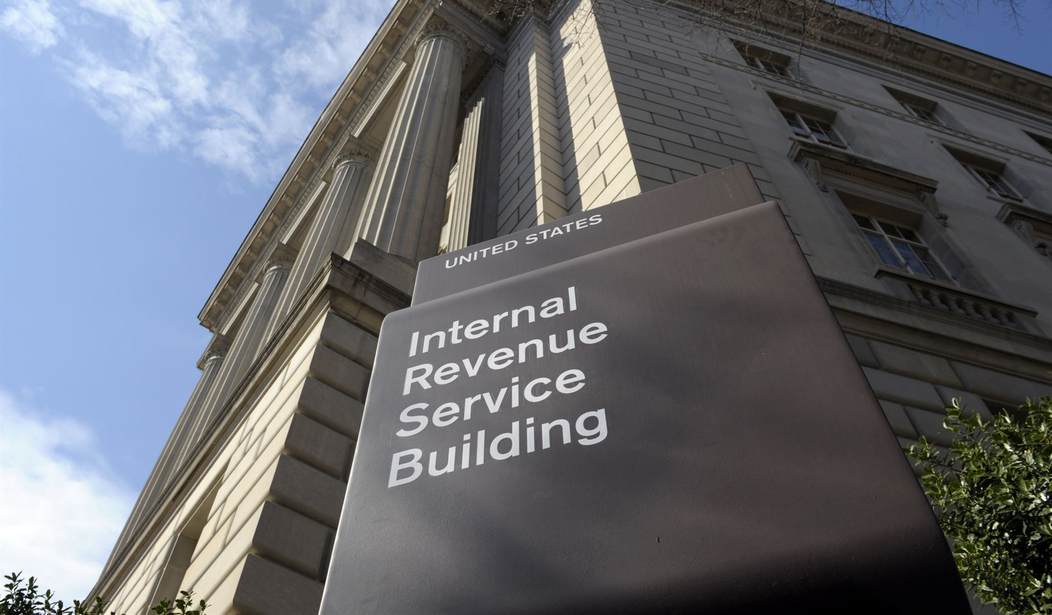We still have several big cases set to drop this week as the Supreme Court closes out this term. The Court, with a conservative majority, has delivered something of a mixed bag for conservatives this term (although to be fair, there was so much in last year’s term, maybe we needed the break). But there is a case teed up for next term that is already making waves.
Moore v. United States, which sadly does not feature our own Susie Moore taking on the government – which we would all pay good money to see – is nonetheless a tax case you should be watching.
Charles and Kathleen Moore invested in a start-up company in India called KisanKraft. The company’s aim is to provide low-cost, efficient tools to rural Indian farmers. The Moores believed in the cause, which is awesome, and invested in the company.
Via the Cato Institute, things took a turn when the Moores were hit with a massive tax bill over money they’d never seen or received.
KisanKraft reinvested all of its own profits in the company, never paying dividends. For that reason, the Moores never saw a dollar from their investment.
Yet in 2017, the Moores suddenly received a hefty federal tax bill for their ownership stake in KisanKraft. How could that be, if they never earned any money from their holdings? The reason is a provision of the 2017 Tax Cuts and Jobs Act called the Mandatory Repatriation Tax. For U.S. taxpayers who met a certain minimum threshold of ownership in certain foreign corporations, the Mandatory Repatriation Tax imposed a tax bill as if those taxpayers had earned a 2017 dividend from the corporation for profits going back years. Because the Moores owned roughly 13 percent of KisanKraft shares, they were taxed as if KisanKraft had paid them a 2017 dividend worth 13 percent of KisanKraft’s earnings since 2006. Even though that 2017 dividend was fictional, their tax bill was very real.
The Moores are arguing in court, rightly, that this is unconstitutional. Neither the language of Article I of the Constitution nor the 16th Amendment makes any provision for money that doesn’t exist, nor should they be amended to say such. But that is precisely what the Democrats want to do with their various wealth tax schemes.

The 16th Amendment, which created the income tax, states:
The Congress shall have power to lay and collect taxes on incomes, from whatever source derived, without apportionment among the several States, and without regard to any census or enumeration.
The Supreme Court has been pretty adamant over the years that “income” is defined as money that has been realized. In particular, “from whatever source derived” would indicate that the money has to be real and acquired by the taxpayer.
But a federal court and the Ninth Circuit have both held that the Mandatory Repatriation Tax is an income tax, and the Ninth Circuit even ruled that income does not have to be realized in order to be taxable – a clear deviation from precedent. Eisner v. Macomber, a case from 1920, clearly stated that “the amendment applies to income only, and what is called the stockholder’s share in the accumulated profits of the company is capital, not income.”
Combine that with the explicit text of Article I, Section 8 states that “Congress shall have Power To lay and collect Taxes, Duties, Imposts and Excises, to pay the Debts and provide for the common Defence and general Welfare of the United States.” The idea of “capital” is not there, and “taxes, duties, imposts and excises” again implies the physical existence of the money, not something “unrealized.”
But taxing unrealized gains has been a dream of the left, including the Biden administration, which seeks ways to continue to punish the very idea of capital and investment. The Wall Street Journal editorial board is speaking out on that this morning.
The legal and economic stakes are high. A ruling that upholds the Ninth Circuit would open the door for Congress to tax wealth and property of all kinds, including art and collectibles. Sens. Bernie Sanders and Elizabeth Warren are wealth-tax evangelists, and Senate Finance Chairman Ron Wyden has floated a proposal. The press is already pitching the case in class-warfare terms as an opening for corporate refunds. The horror.
Wyden has been attempting the same thing for years. He, like the rest of his party, wants to maximize the amount of wealth they can seize. But unrealized money is called “unrealized” for a reason. The taxpayer hasn’t seen a dime from it, and there is every possibility that it gets reduced or wiped out before they do. Declaring it income and taxable fundamentally upends how business is done in the United States, stalls investment and innovation, and can cost Americans much-needed jobs. But none of that is of concern to the Democrats, who instead wish to punish the wealthy for being wealthy.
Hopefully, we will see the Supreme Court stick with past precedent, as well as common sense.













Join the conversation as a VIP Member